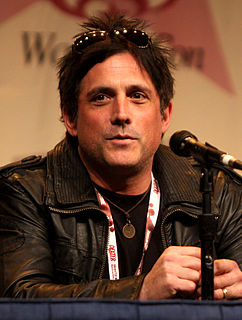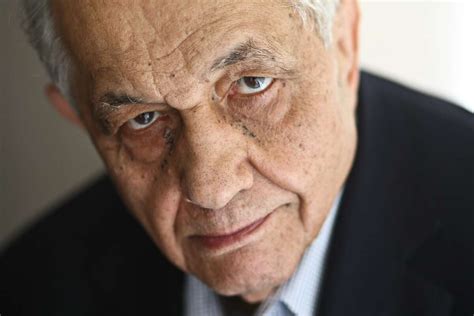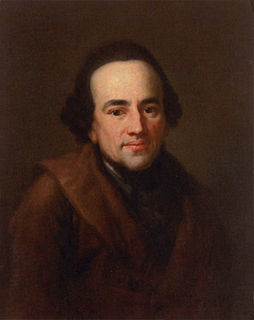A Quote by David Gemmell
A cynic by experience, a romantic by inclination and now a hero by necessity.
Quote Topics
Related Quotes
Part of what we want to do with the Heroic Imagination Project is to get kids to think about what it means to be a hero. The most basic concept of a hero is socially constructed: It differs from culture to culture and changes over time. Think of Christopher Columbus. Until recently, he was a hero. Now he's a genocidal murderer! If he were alive today, he'd say, "What happened? I used to be a hero, and now people are throwing tomatoes at me!
I don't consider myself a cynic. I think of myself as a skeptic and a realist. But I understand the word "cynic" has more than one meaning, and I see how I could be seen as cynical. "George, you're cynical." Well, you know, they say if you scratch a cynic you find a disappointed idealist. And perhaps the flame still flickers a little, you know?
I just have a different impression of the human race. I think we're really resilient. I think there are a lot of cynical people out there right now, and probably for good reason. But I think that ever cynic is really a damaged romantic, and they really, really, really want things to be good. And if that's the case, I don't need to tell a story that says, "Humanity, look what you've done. Now you can't go out. There's no sun. Look how you've wrecked the world." That's not me. That's not my job.



































